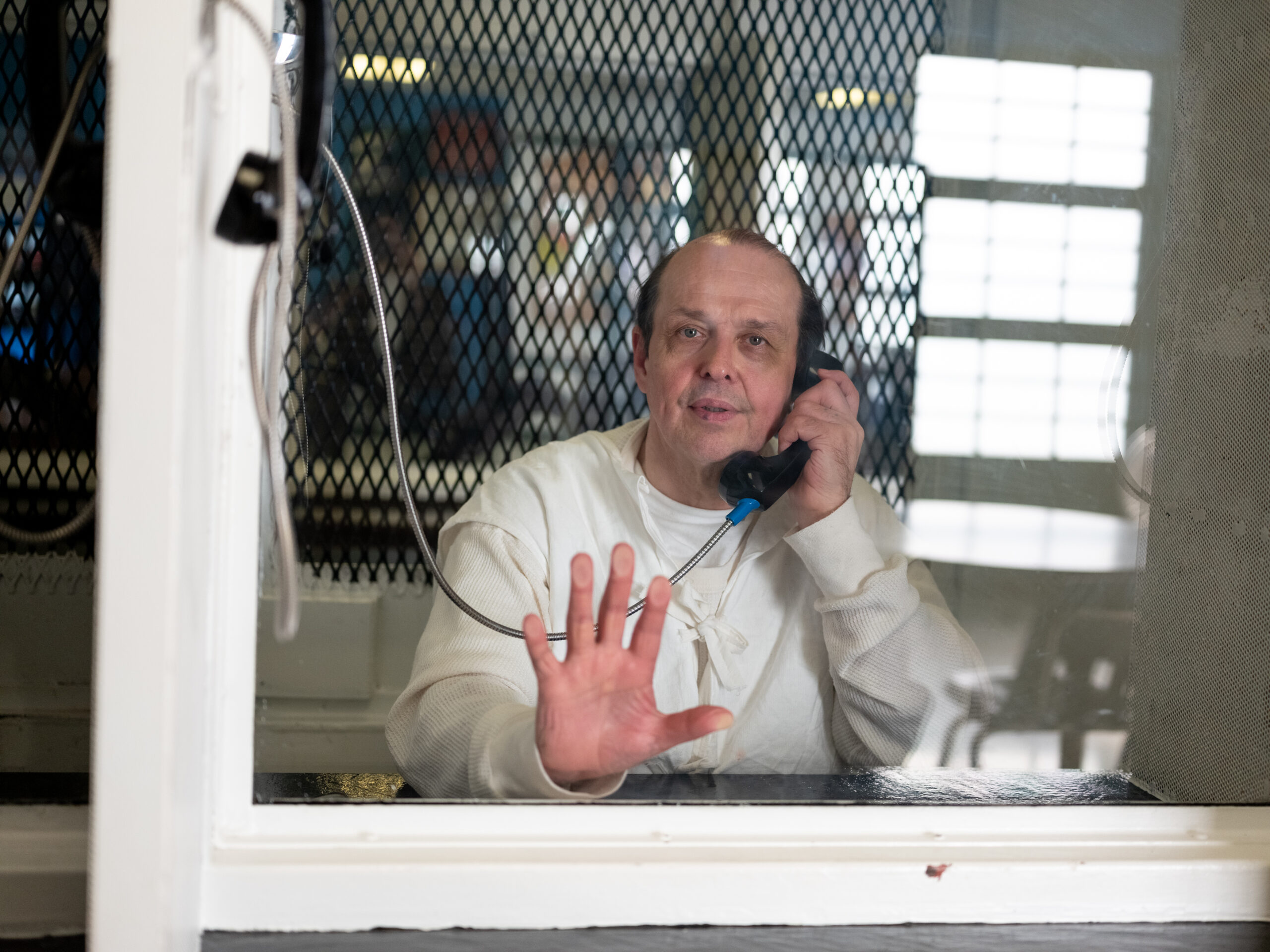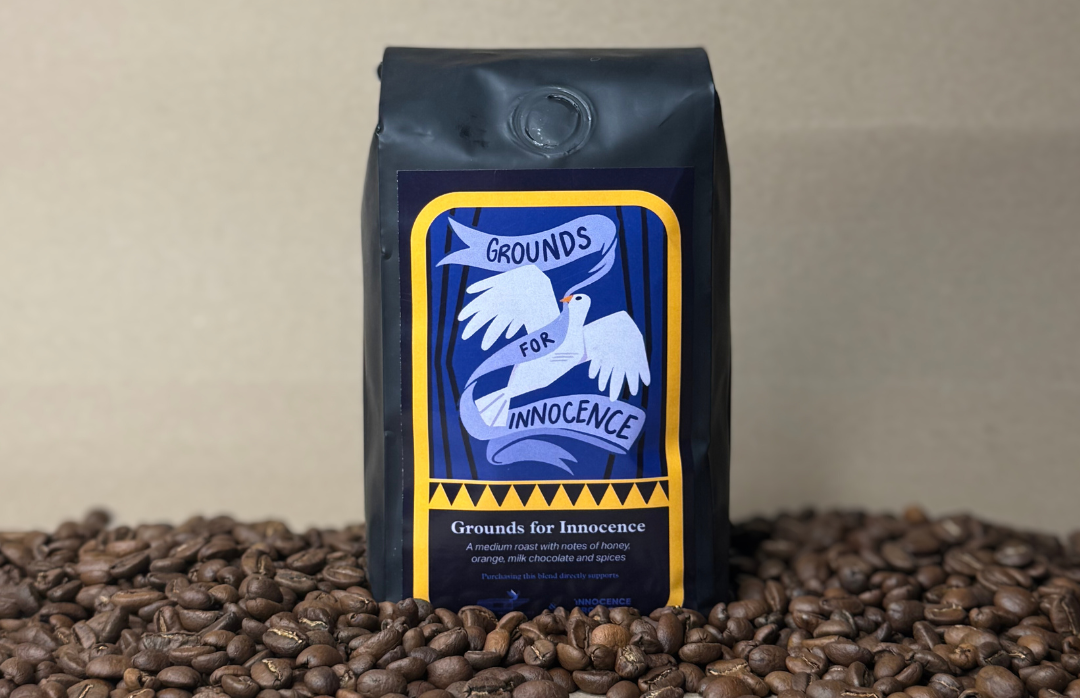|
Robert Roberson Update, a Unique Coffee Blend, and Police Surveillance
|
|
 Robert Roberson photographed at TDCJ Polunsky Unit. Ilana Panich-Linsman for The Innocence Project
Robert Roberson photographed at TDCJ Polunsky Unit. Ilana Panich-Linsman for The Innocence Project
Robert Roberson Asks the Texas CCA To Overturn His Wrongful Conviction
On Feb. 19, Robert Roberson and his legal team filed another request with the Texas Court of Criminal Appeals (CCA) to grant relief based on significant new evidence supporting his actual innocence. This is Robert’s latest effort to persuade the CCA to consider the ample evidence of his innocence and to overturn his wrongful conviction.
Add your name to the fight for Robert’s life and get the latest updates in his case.
|
 Photo: Connor Sovak/Innocence Project
Photo: Connor Sovak/Innocence Project
Police Surveillance of Black People Is More Pervasive Than Ever
The criminalization of Black spaces in America is nothing new. Law enforcement agencies have long monitored Black people in activist and social spaces under the guise of maintaining order. Still, history has shown that these activities amount to more than just monitoring and can lead to wrongful arrests and convictions. In the case of Commonwealth v. Dilworth, this issue was particularly evident.
Learn how unregulated surveillance can increase the risk of wrongful conviction.
|
 The Grounds for Innocence coffee blend (Photo: Bongo Java Roasting Co.).
The Grounds for Innocence coffee blend (Photo: Bongo Java Roasting Co.).
Coffee With a Purpose — A Special Blend Made With Nashville’s Oldest Coffee House
We’ve partnered with Nashville's most honored coffee roaster, Bongo Java Roasting Co., and the Tennessee Innocence Project to launch “Grounds for Innocence” — a coffee-centred collaboration with a powerful mission to restore freedom to wrongfully convicted people and reunite them with their loved ones. For a limited time, 25% of proceeds will go toward that mission. Take a moment to learn more and make your purchase today.
|
 Alliance to Protect Kalief’s Law advocates in Albany, New York on March 3, 2025. (Image courtesy of the Alliance to Protect Kalief’s Law)
Alliance to Protect Kalief’s Law advocates in Albany, New York on March 3, 2025. (Image courtesy of the Alliance to Protect Kalief’s Law)
Commonsense Discovery Reform Is Under Attack: 8 Key Facts You Need to Know
Across the country, discovery reform — like Kalief’s Law in New York — has been crucial in preventing innocent people from being coerced into taking plea deals or wrongfully convicted because of withheld evidence.
But some states, including New York, are facing proposals to roll back discovery reforms, threatening a retreat from truth and transparency. We've collected eight facts you need to know about efforts to roll back discovery reform — and why they put innocent people at risk.
|

Exonerations Around the U.S.
Thanks to the hard work of the Mid-Atlantic Innocence Project, James Langhorne was finally freed and exonerated on Feb. 13, 2025. After spending nearly 30 years behind bars for a crime he didn’t commit, James is now reunited with his father, children, and grandchildren.
We’re grateful to our community of partners, advocates, and supporters who are central to our work in advancing criminal and racial justice. To learn how you can advance the innocence movement in your community, find your local organization below.
|
|
|